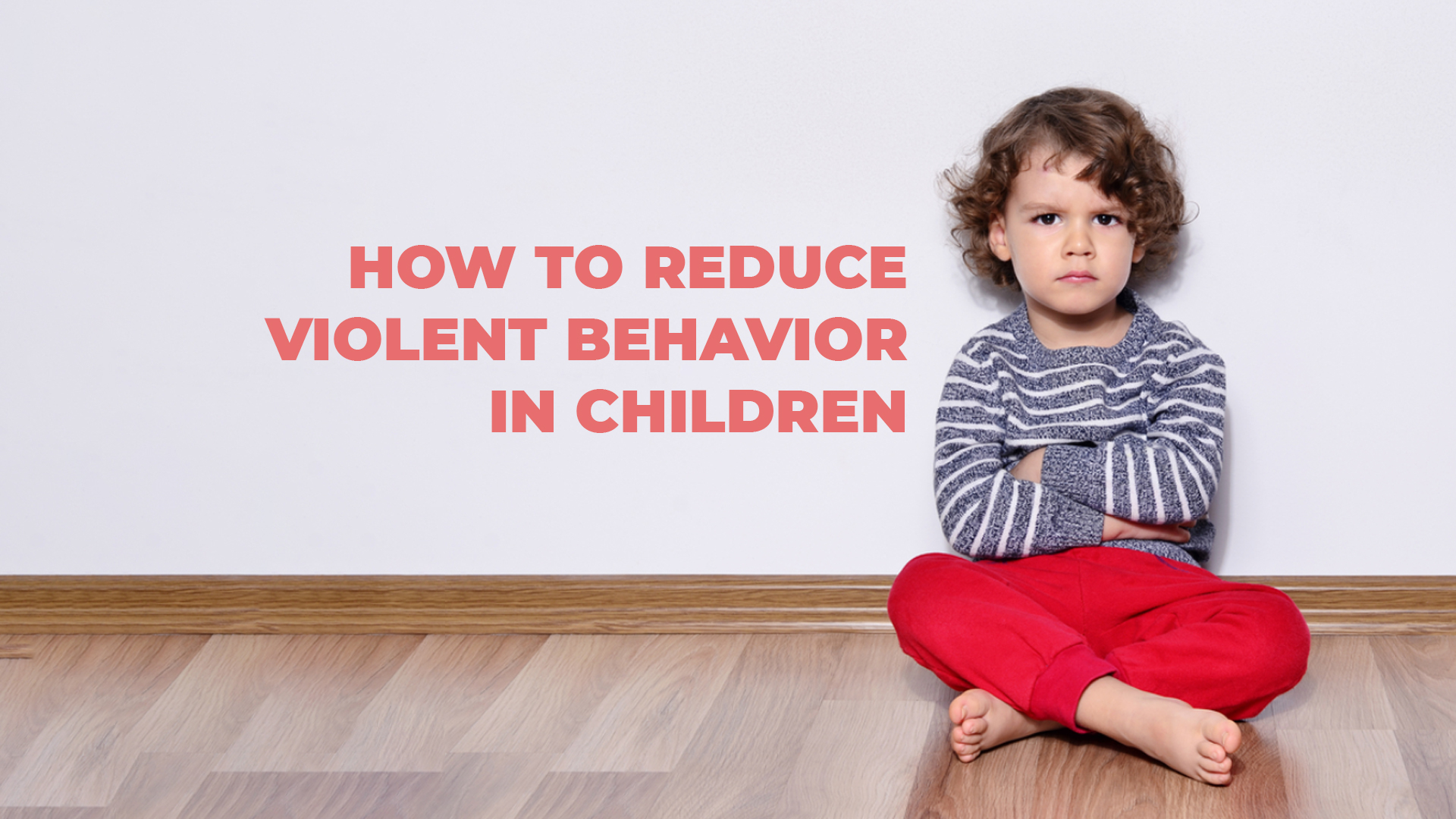
Today’s children are open to much pressure… Terror attacks, natural disasters, and other global events are transforming the way our kids think and behave. With so many things to consider in a child’s upbringing, parents need to be more aware of the world’s impact on their children, such as violent children.
Violent children can take many different forms, including temper tantrums, striking, kicking, or biting, irrational outbursts that can hurt someone else or cause damage to things at home, bullying, verbal attacks, and attempts to exert control over others through threats or physical harm.
What irritates kids?
Kids can act out when angry over an issue that is too big for them to handle. They still need to develop their impulse control and socially acceptable dispute-resolution skills.
In other situations, children may be dealing with unique challenges, such as traumatic life experiences, issues regulating their emotions, concentration deficiencies, autism symptoms, or hyperactivity.
However, adults may always have a significant impact, even when children have been identified as having serious behavior issues.
While it’s never too soon to start planning for the future, we can’t prevent our kids from being violent at any given moment. If you’re a parent of a child who is prone to violence, you should take steps to reduce the risk of these violent behaviors.
Dealing with a child’s behavioral issues can be difficult and discouraging. Your fortitude, optimism, competence, and goodwill are all diminished by it. It may cause you to think about your child in ways that make it harder for you to cope and redefine the family relationship in a negative way.
Here are some effective tips for assisting children in overcoming their violent tendencies
-
Understand how much violence is happening in your child’s world
Observing how much violence your child sees, hears, or even plays into will help you focus your efforts on the real causes of violence in your child’s world rather than taking shortcuts or waiting for things to fall into place naturally.
-
Do not personalize it
It’s simple to feel disrespected when your youngster disobeys a request. When your youngster becomes enraged, it’s simple to feel singled out. These emotional responses, while understandable, are misguided.
Because children don’t process information and emotions in the same manner that adults do. When a child is extremely young, there are many things about her own feelings, much alone yours, that she doesn’t grasp.
Even if your child is older, it’s still possible that their bad behavior is the result of impulsivity or incompetence rather than maliciousness.
-
Strive for a balance between studies & activities
We spend our entire lifetime studying full of information. These studies are designed to keep our minds active. But by increasing the number of studies we take; we lower the efficiency of our brains.
Therefore, you need to incorporate more activities in your child’s routine, that leave room in his brain for creativity and aspects of development in his talent and mental health development.
Playing outside or playing card games with family or engaging in sports activities will help get out that aggressive energy from his mind and body and will leave him calmer and more peaceful.
-
Maintaining a positive relationship is your top priority
If your child persists in acting out, you might believe responding to each infraction with criticism, threats, or punishment is necessary. But is this really a wise decision? The result is a parent-child relationship that is mostly marked by acrimonious interactions.
It’s a dismal outcome that is also ineffective. According to studies, rewarding children for making wise decisions rather than threatening them or punishing them for making poor ones increases the likelihood that they will learn desired social skills.
Your parent-child relationship is the most t thing your child will feel in his life, so it needs to be a safe place for him, he needs to feel loved, accepted, awarded, and appreciated… this will make all the violence melt away his little heart and builds beautiful loving attitude towards family and friends.
-
Make healthy changes gradually
If you want to reduce the risk of your child becoming a violent adult, you need to make small changes gradually. This means that you need to ensure he is eating a healthy diet, getting enough sleep, and focusing on what he loves.
You also need to consider his relationships with friends, family members, and teachers. Slowly building positive habits.
-
Identifying emotions will help your youngster learn to express themselves
Communicate with your child about his feelings, you might say, “I can tell you’re pretty upset right now,” for instance.
This encourages verbal communication rather than physical manifestation by validating what your child is feeling. Opening the discussion up can assist them in figuring out constructive ways to express their emotions.
But if things seem out of control, keep in mind that you’re not the only parent dealing with your child’s violent behavior.
Pediatric psychologists are adept at assisting kids, families, and other individuals in resolving emotional and behavioral issues. Find out who the local mental health experts are by asking your child’s teaching staff at school.
